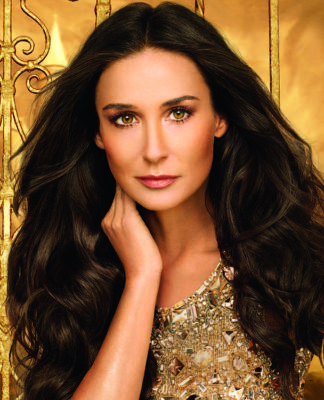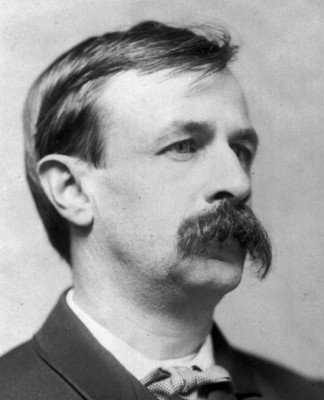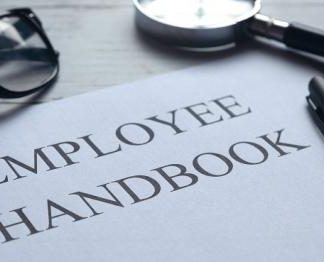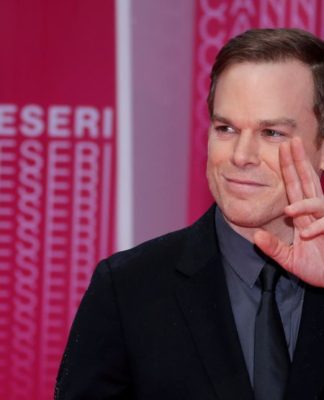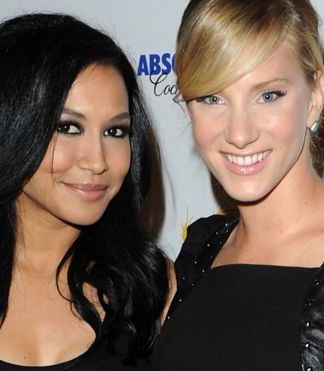Germans ‘kept voting for Angela Merkel’ in rejection of political extremes
Issued on:

Exit polls put Germany’s two major parties neck and neck coming out of Sunday’s polls. While the official results have yet to be released, Thomas Kleine-Brockhoff says the overall trend is clear: Germans voted for the centre. He speaks to FRANCE 24 about what this could mean for the CDU, SPD, and Germany’s smaller parties as they prepare for coalition talks.
It did not take long after the polls closed for the two leading candidates to claim they could be Germany’s next chancellor. Olaf Scholz, of the social-democratic SDP, and Armin Laschet, of the conservative CDU, both say they are in a strong position to head up the country’s next governing coalition, even as the final votes are still being counted.
What is more, both of them could be right. Exit polls show Germany’s two major parties neck and neck, with 25-26 percent for the SPD and 24-25 percent for the CDU. With support from the Greens and the liberal FDP, either one of them could secure a majority in the Bundestag (parliament).
In one sense, this marks a significant blow for Angela Merkel’s CDU, which is on track for its worst result since its founding in 1945, and a success for the SPD, which is projected to best its 2017 score by 5 points. Still, “it’s the first time in Germany’s postwar history that the battle to name the next chancellor looks this open”, says Thomas Kleine-Brockhoff, political scientist and vice president of the German Marshall Fund’s Berlin office.
For Kleine-Brockhoff, the real winner of Sunday’s vote is the centre.
“Germans voted for moderate candidates despite the pandemic and health crisis which, in other countries, have benefitted populist and extremist movements,” he tells FRANCE 24. “In a way, people kept voting for Angela Merkel, even though she wasn’t on the ballot, since they voted for a candidate — Olaf Scholz — who campaigned on his role in government and presented himself as the chancellor’s natural political successor.”
As uncertain as the outcome remains, Sunday’s vote already presents lessons for all of the parties.
SPD resurrected
The social democrats are “back from the dead”, says Kleine-Brockhoff. Their impressive score is all the more surprising given that the party never really reevaluated its platform after its poor performance in 2017.
The only thing that changed is its figurehead.
“The party now belongs to Olaf Scholz,” says Kleine-Brockhoff. “The only remaining question is how long the left wing of the SPD will put up with a candidate from the pragmatic, centrist wing representing the party.”
>> Olaf Scholz, the Social Democrat who has cast himself as Merkel’s heir
CDU/CSU gear up for a fight
Perhaps the greatest paradox of Sunday’s vote is that Armin Laschet, who will go down in history as the candidate who led the CDU to its worst-ever performance at the polls, could still become chancellor — if he is able to bring the Greens and FDP over to his side.
The poor showing for the CDU and its Bavarian ally the CSU (which likewise got a historically low score in Bavaria) also opens the door to a “big battle” in the conservative camp over what went wrong, Kleine-Brockhoff says.
The CSU, headed by the very popular Markus Söder, likely will not miss the opportunity to blame this stinging result on the centre-left turn taken by Angela Merkel, which Laschet has followed.
Green hopes dashed
The Greens’ vote share is up significantly since 2017, but nevertheless marks a disappointment for the party. For the first time this year, the Greens thought their candidate, Annalena Baerbock, might have a shot at the chancellorship. In the end, they fell far short, with about 14 percent in exit polls — 10 points less than the two largest parties.
The worse-than-expected performance is all the more striking because “the Greens were the only ones to campaign on a platform of change, while the other major parties called for continuity”, Kleine-Brockhoff says.
The Greens called for an overhaul of climate policy, greater investment in infrastructure and a digital revolution.
“Visibly, the demand for this program of real change was not as great as the Greens thought,” Kleine-Brockhoff says.
FDP becomes an indispensable coalition partner
Christian Lindner, head of the liberal FDP, has become the undisputed kingmaker in the contest. His party may not have performed much better than in 2017, but it has become an indispensable partner for any coalition (whether with the SPD and the Greens or the CDU and the Greens).
And while the Greens have clearly expressed their preference for a left-wing coalition, the FDP has remained more fickle, keeping both doors open.
The FDP is also “the party that seems to have gained the most from defections from the CDU, since the other alternative — AFD — dropped sharply,” says Kleine-Brockhoff. He attributes this success to the way “the liberals very intelligently managed to criticise Angela Merkel’s public health policies without looking like ‘anti-vaxxers’ or conspiracy theorists”.
AFD takes a hit
The far-right populist party Alternative für Deutschland (AFD) “absolutely did not benefit from this health crisis”, says Kleine-Brockhoff. In his eyes, the party’s failure illustrates one of the main lessons of this election: Germans are “on the whole satisfied with how their leaders handled the pandemic”.
Those who were not preferred to try their luck with the FDP — further evidence that the German far right may be hard pressed to find a new electoral path.
Die Linke ruled out?
The left party Die Linke, which entered Sunday with high hopes, could end up below the 5 percent threshold needed to sit in the Bundestag.
It is a significant blow for a party that just days ago was seen as a possible governing partner alongside the SPD and Greens. According to Kleine-Brockhoff, this poor showing again reflects German voters’ rejection of political extremes. But it’s also “the upshot of the SPD’s success, which left little room for a party to its left”, he adds.
This article was adapted from the original in French.

















